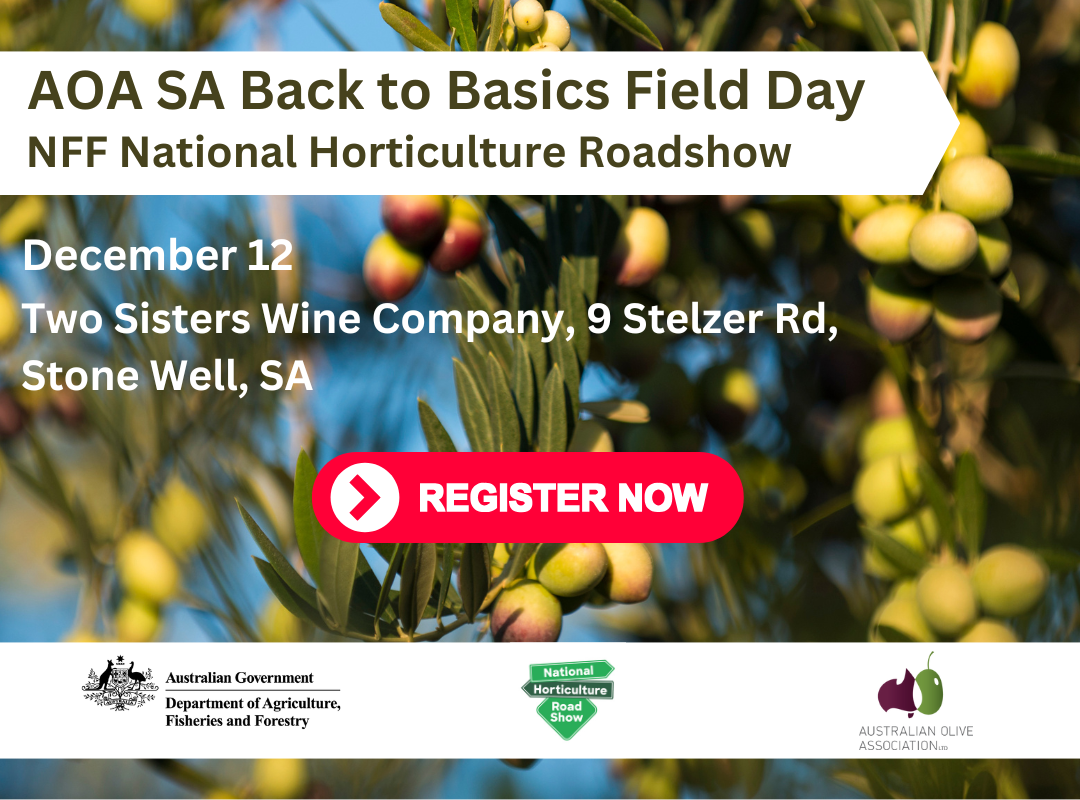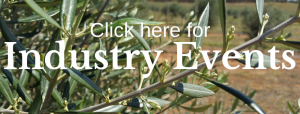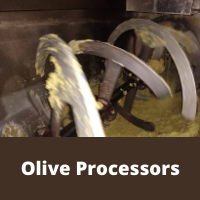With lack of water already an issue in many regions, and another hot, dry summer ahead, one of the hot topics at the 2018 National Olive Industry Conference will undoubtedly be irrigation management.
Dr Ketema Zeleke, Lecturer – Irrigation and Water Management at the School of Agricultural and Wine Sciences, will be presenting on irrigation management as part of the Friday morning concurrent EVOO program. He will then join the expert panel for further discussion on the topic as part of the Friday grove walk at Charles Sturt University (CSU), providing an interactive learning opportunity for all attending.
Zeleke has conducted several research studies on the effects of deficit irrigation on olives and oil production, and believes the practice is an important part of solving the increasing issue of water availability.
“A deficit irrigation strategy that reduces or completely withholds irrigation during a particular phenological phase (pit-hardening in the case of olives) may allow considerable savings in seasonal irrigation volumes without any fruit oil content reduction or quality compromise.
“Our studies showed that withholding irrigation during the pit-hardening period (mid-December to mid-January) reduced the fruit size of three of the eight olive varieties and had only minor effects on oil contents, while saving 35% irrigation water. Applying only half of the irrigation requirement during this period resulted in 17.5% water saving with only minor effects on fruit size, timing of maturity and oil content.
“In short, we found that deficit irrigation increases oil extraction efficiency and enhances fruit ripening”
Dr Zeleke said these and other aspects of deficit irrigation programs, including soil water measurement equipment for irrigation scheduling and fertilizer application, will be discussed during the grove walk, and he hopes shared experiences on the day will provide additional information on the practicalities and opportunities it presents for growers.
“With more than 20 olive varieties, the CSU olive grove offers a field laboratory where scientists and growers can observe and share ideas on different aspects of olive management.”



